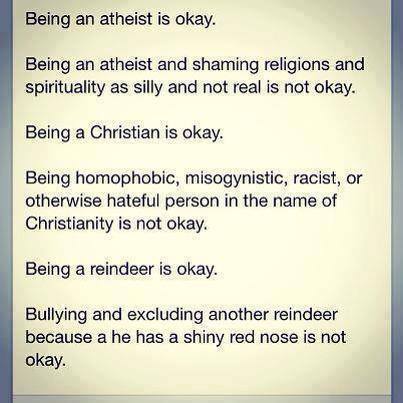Dr. Ford can’t recall basic details of a traumatic event in her life. I have read reports on memory by experts that can explain that.
At the time the alleged assault happened she didn’t tell her mother or even her best friend. Four people she identified as being at the party (including Brett Kavanaugh) all deny being at the gathering in question, including her life-long friend. “CNN has learned that the committee has reached out to a longtime friend of Ford named Leland Ingham Keyser. ‘"I understand that you have been identified as an individual who was in attendance at a party that occurred circa 1982 described in a recent Washington Post article,’ a committee staffer wrote Keyser earlier this week. On Saturday night, her lawyer, Howard Walsh, released a statement to CNN and the Senate Judiciary Committee. ‘Simply put,’ Walsh said, ‘Ms. Keyser does not know Mr. Kavanaugh and she has no recollection of ever being at a party or gathering where he was present, with, or without, Dr. Ford.’ The lawyer acknowledged to CNN that Keyser is a lifelong friend of Ford's” (CNN.com, Committee contacts Ford's friend about party; 'she has no recollection' of it, lawyer says, 9/22/2018}. Her own immediate family doesn’t appear to be backing her up. Her mother, father, and two siblings are absent from a letter of support released by relatives, mostly on her husband’s side of the family. “Family members of Christine Blasey Ford published a letter supporting her character Thursday, five days after she publicly detailed her allegations of sexual assault against Supreme Court nominee Brett Kavanaugh” (Washington Times, 9/20/2018, Family of Kavanaugh accuser publishes letter of support). Dr. Ford claimed to be upset when Trump won in 2016 because Brett Kavanaugh was mentioned as a Supreme Court potential pick. However, Kavanaugh was not on the original list of potential picks in 2016. He was added later, in November, 2017. “When Donald Trump won his upset presidential victory in 2016, Christine Blasey Ford’s thoughts quickly turned to a name most Americans had never heard of but one that had unsettled her for years: Brett M. Kavanaugh. “Kavanaugh – a judge on the prestigious U.S. Court of Appeals for the District of Columbia Circuit – was among those mentioned as a possible replacement for Supreme Court Justice Antonin Scalia, who died in 2016. When Trump nominated Neil M. Gorsuch, Ford was relieved but still uneasy. Then, Justice Anthony M. Kennedy announced his retirement, and Ford, 51, began fretting again” (Washington Post, Kavanaugh accuser Christine Blasey Ford moved 3,000 miles to reinvent her life. It wasn’t far enough, 9/23/2018). The problem with this dramatic telling is that Kavanaugh was not on Trump’s list in 2016. He didn’t go on the list until 2017. USA Today gave a list of the potential nominees in 2016. Kavanaugh is not on the list (USA Today, Trump’s 21 potential court nominees are overwhelmingly white, male and from red states, 12/1/2016). Kavanaugh did not make the list until November, 2017 (whitehouse.gov., President Donald J. Trump’s Supreme Court List, November 17, 2017), a year after Trump was elected and Ford said she felt uneasy because his name was on the list.

